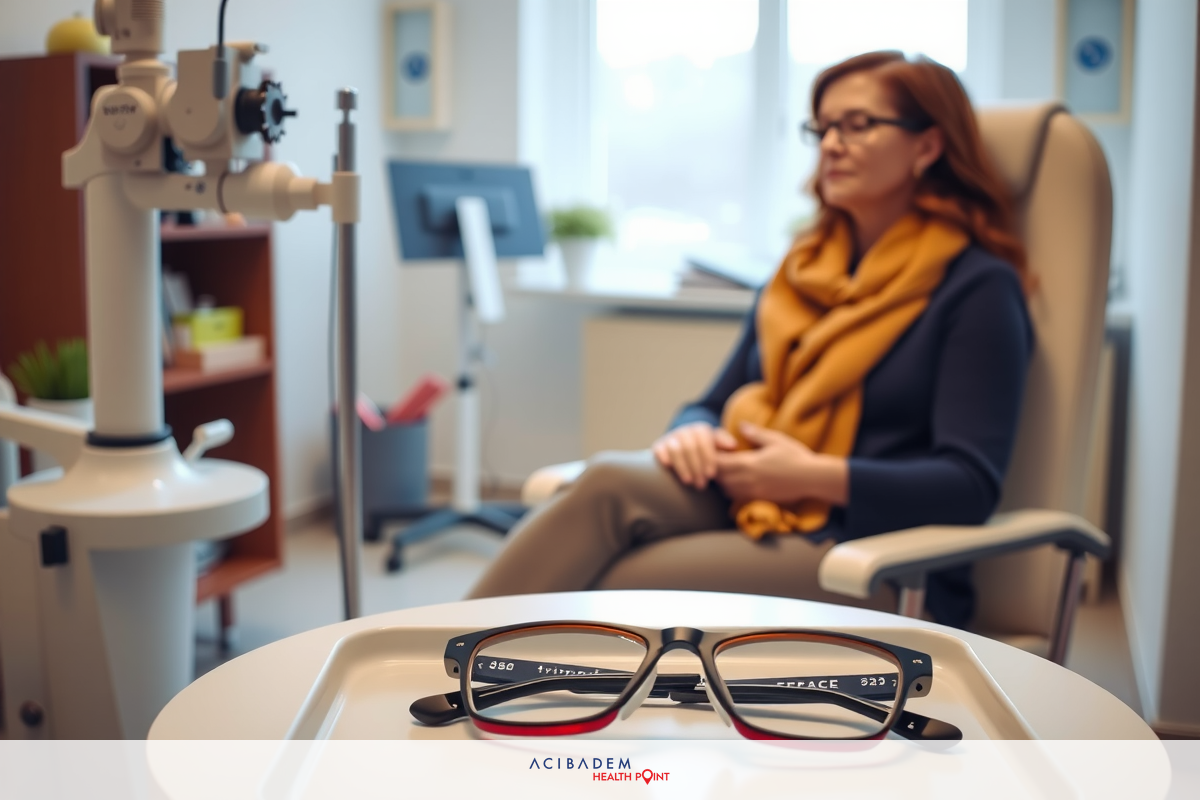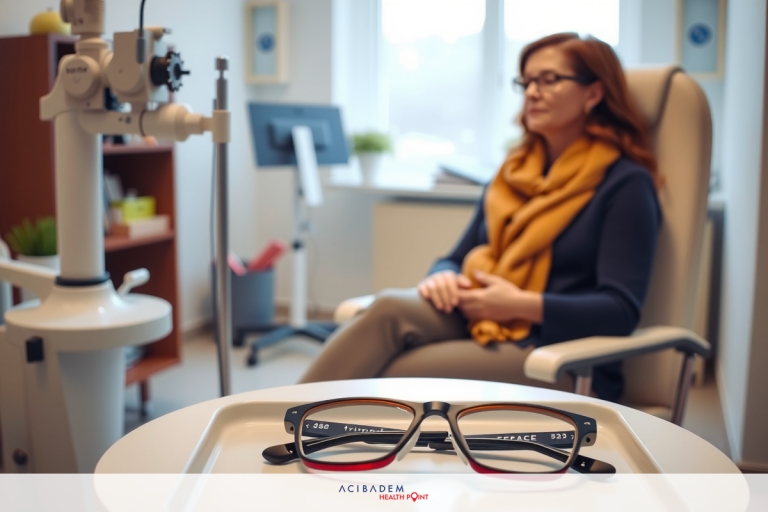When is it Too Late to Get Laser Eye Surgery?
When is it Too Late to Get Laser Eye Surgery? The pursuit of perfect vision often leads us down the path of considering laser eye surgery. The question frequently posed centers around age limitations, an important criterion for this form of treatment. It’s vital to note that eligibility isn’t always about chronological age but rather involves a comprehensive assessment of ocular health.
Diving into the crux of laser eye surgery, we find that optimal timing plays a pivotal role in its success. With varying factors such as general health, visual stability and corneal thickness under scrutiny, these elements can help individuals make informed decisions about undergoing this type of intervention.
Age does play some role. Specific individual circumstances are equally critical in assessing suitability for this corrective measure.
Optimal Age for Laser Eye Surgery
The notion of an “optimal age” for laser eye surgery is not as straightforward as it may seem. A common misconception suggests that there’s a specific age window where the procedure exhibits maximum efficiency. This isn’t necessarily accurate. The decision to undergo laser eye surgery encompasses more than just timing. Eligibility and candidacy play significant roles too.
An individual’s visual stability is a crucial determinant in deciding the right time for this procedure. Our eyes experience changes throughout life but become relatively stable by our mid-to-late twenties. Many ophthalmologists recommend waiting until at least 25 years of age before considering laser eye surgery. It also provides ample opportunity to evaluate whether prescription glasses or contact lenses have stabilized over a year without notable change.
Every case is unique and these considerations only provide general guidelines rather than firm rules. Certain conditions such as high myopia might necessitate intervention at an earlier stage depending on an individual’s lifestyle requirements or vocational demands. Conversely, older individuals who’ve entered presbyopia may need different treatment options altogether.
While age does matter when it comes to candidacy for laser eye surgery, it doesn’t solely dictate eligibility, ocular health does too.
Factors Affecting Eligibility
When exploring the realm of laser eye surgery, understanding eligibility is essential. While we’ve established that age plays a role in determining candidacy, it’s only one piece of this intricate puzzle. Here are some key elements that ophthalmologists consider:
- General Ocular Health: This involves assessing the overall health of your eyes beyond just vision clarity or refractive error status.
- Corneal Thickness: Laser eye surgeries involve reshaping the cornea to correct visual errors. Having adequate corneal thickness is mandatory.
- Pupil Size: Larger pupils might increase chances of certain side effects post-surgery like glare or halos around lights at night.
- Dry Eyes: Those with chronic dry eyes may experience exacerbated symptoms after laser eye treatment.
- Stable Vision Prescription: Your prescription needs to have been stable for at least 12 months prior to surgery as fluctuating vision can impact surgical outcomes adversely.
By far, these aren’t exhaustive. Each case warrants personalized assessment by professional ophthalmologists who

understand an individual’s unique ocular profile and lifestyle demands better than anyone else does!
Benefits of Laser Eye Surgery
In the vast landscape of vision correction, laser eye surgery holds a unique place due to its myriad benefits. This advanced procedure is more than just a path to potentially glasses-free life. It’s about enhancing visual quality in ways that traditional eyewear cannot match.
One of the most prominent advantages is improved visual acuity. Many patients experience 20/20 vision or better post-surgery. It’s an outcome hard to achieve with corrective lenses or contacts alone. Imagine waking up and seeing your surroundings clearly without reaching for your glasses!
It’s also worth highlighting that this improvement is not temporary. Laser eye surgery offers long-lasting results, making it a preferred choice for many seeking lifelong clear vision.
The impact isn’t just physical but extends into lifestyle enhancements as well. For individuals involved in sports or those who enjoy outdoor activities, freedom from glasses can improve their experiences and performance levels. Professional demands involving precision work become easier without the constant need for managing contact lenses or prescription glasses.
Cost-effectiveness over time should be taken into consideration as well. The one-time expense may seem significant initially compared to buying corrective eyewear. When you factor in the ongoing costs associated with maintaining glasses and contacts along with lens cleaning solutions over decades, it becomes evident that laser eye surgery could indeed be more economical in the long run!
Laser eye surgery presents an exciting avenue towards clearer vision and enhanced lifestyle quality. Truly revolutionary benefits echo its innovative nature.
Frequently Asked Questions
What is the optimal age for laser eye surgery?
Are there any eligibility criteria for undergoing laser eye surgery?
Yes, several factors play into determining eligibility including stable vision prescription, sufficient corneal thickness and overall ocular health. It’s best to consult with an ophthalmologist who can assess your individual suitability.
How does laser eye surgery enhance lifestyle quality?
Laser eye surgery can significantly improve visual acuity leading to a glasses-free life. This not only improves daily convenience but also enhances experiences in sports or outdoor activities and certain professions where precision is key.
Is laser eye surgery cost-effective compared to eyewear maintenance over a lifetime?
While the upfront cost of the procedure might seem higher initially, when factoring in long-term expenses related to maintaining glasses or contact lenses over many years, you may find that it could indeed be more economical!
These answers are intended for informational purposes only and do not constitute medical advice. Always consult with a healthcare professional before making decisions about medical procedures.








